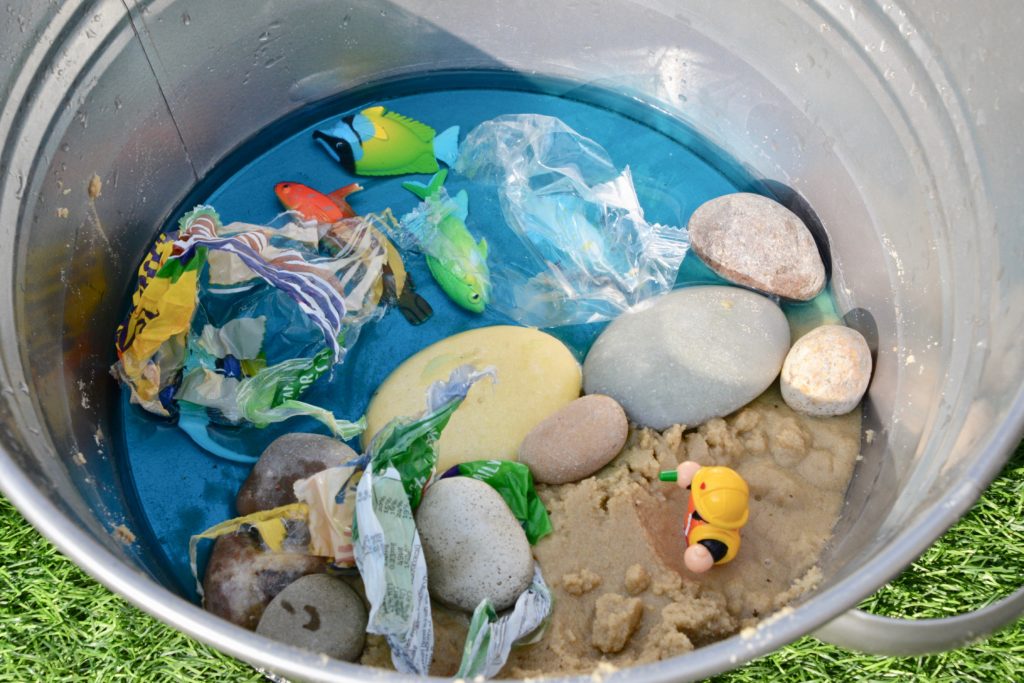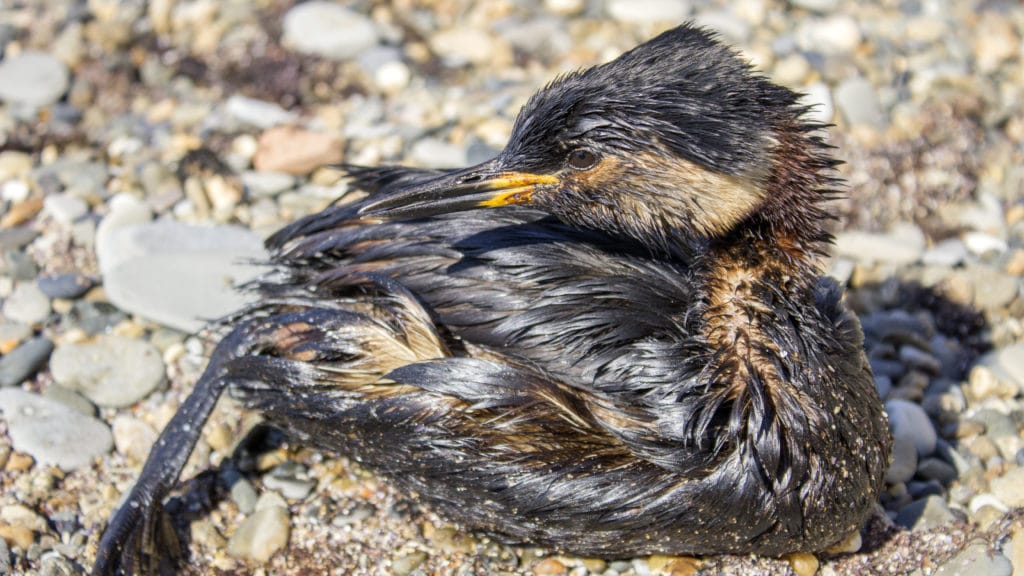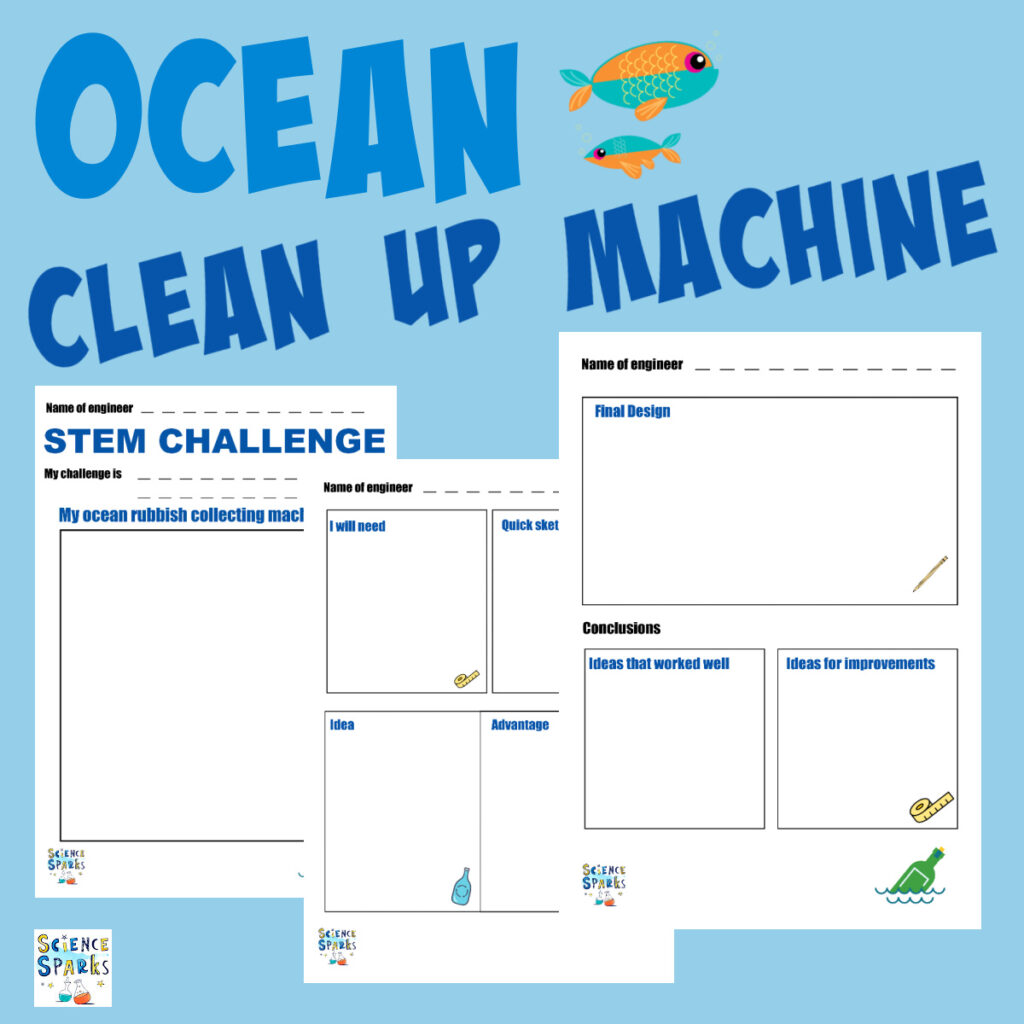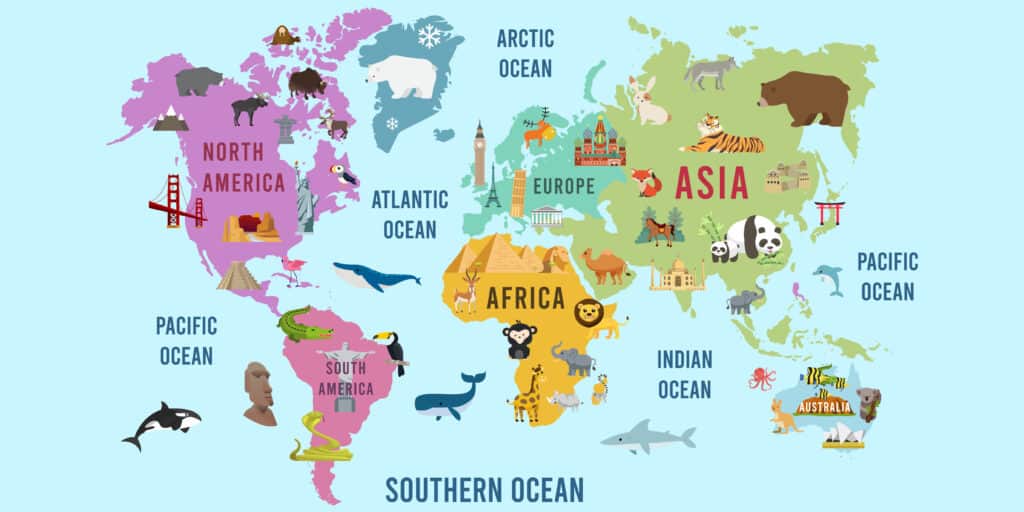World Ocean Day is celebrated around the world on June 8th to highlight the crucial role oceans play in supporting life on Earth. Did you know that oceans produce around 50% of the Earth's oxygen and provide a main source of protein for billions of people? The health of our oceans is vitally linked to the overall health of our incredible planet and its ability to maintain a stable climate. We should all be fighting to protect them.
Aside from the practical benefits of healthy oceans, oceans are home to much of the Earth's biodiversity and a source of wonder and inspiration for people everywhere. Oceans are thought to be close to critical levels of acidity, which will have far-reaching effects on ocean life. We need to act now to save our oceans, before it's too late.
I've pulled together a collection of science activities, investigations and experiments to help kids learn about the importance of our oceans and the damaging effects human activities are having on them.
Activity ideas for learning about oceans
Plastic Pollution
Using water, sand, and rubbish, create an eye-opening illustration of the effects of plastic pollution on our oceans.

If you want a longer lasting activity, use a shoebox to create a marine habitat and add rubbish to the scene.
Rising Ocean Temperatures
One way to demonstrate that the Earth's oceans are absorbing a lot of the extra heat from climate change is to show that a balloon with water inside doesn't pop when placed over a candle as the water absorbs the heat! If a balloon filled with air is placed close to a candle, it will burst very quickly.
Oceans have absorbed over 90% of the excess heat from greenhouse gases, and the top ten feet of the oceans hold as much heat as the entire atmosphere!
Overfishing
Fishing is one of the biggest threats to marine life, with most species being overfished.
Fishing methods like bottom trawling can have a devastating effect on the seabed and accidentally catch species they don't need.
The Marine Stewardship Council has a great video about overfishing.
Destruction of habitats
Learn about the devastation caused by oil spills with an oil spill clean up activity.

Design an Ocean Clean Up Machine with my free STEM Challenge worksheet.

Fun facts about Oceans
Less than 10% of the Earth's oceans have been explored.
The ocean covers approximately 71% of the Earth's surface.
50-80% of all life on Earth is in the oceans.
The deepest part of the ocean is deeper than Mount Everest is tall!!

The Challenger Deep in the Mariana Trench is deeper than Mount Everest is tall.
Oceans contain 97% of the Earth's water.
90% of all volcanic activity occurs in the oceans.
Humans have named five oceans, but they are actually one continuous body of saltwater: the Pacific, Atlantic, Indian, Southern, and Arctic.

More ideas for World Ocean Day
The World Ocean Day website has lots of fantastic ocean themed resources for kids. We especially enjoyed the Octonauts themed activities.
If you live near the sea, organise or join a local beach clean-up.
Watch a documentary about the ocean, all the below are fantastic!
A Plastic Ocean - Amazon
Wonders of the Ocean - National Geographic
Ocean with David Attenborough - Disney +
How can you help save our oceans?
It's easy to think there's nothing you can do to help save our planet and the oceans in particular; after all, you're not responsible for what happens to your rubbish once it hits the recycling bin. But there are plenty of small things you can do that add up to big things over time.
Save Water
Using less water helps prevent excess runoff from running into the oceans.
Reduce polluting chemicals
Choose non-toxic cleaners and beauty products.
Reduce emissions
More greenhouse gases lead to global warming, which will have a devastating effect on our oceans. If the temperature of our oceans continues to rise at its current rate, there will be no coral reefs by 2050.
Increased ocean temperatures will potentially decrease the reproductive rate of many species humans depend on, which will make it very difficult for us to eat fish sustainably. Emissions can be reduced by walking or taking public transport more.
Save energy
Use energy sparingly. Switch to energy efficient light bulbs, turn lights off when not needed and be generally mindful of what you're using energy for.
Take plastic home
If you visit a beach, make sure you take your rubbish, especially plastic, home to recycle or put it in a bin. It's thought that by 2050, there could be more plastic in the sea than fish!! Even better, take reusable drink bottles, bags, and straws.
Using less plastic and recycling what you can is important wherever you are, so try to cut down on single use plastics as much as possible.
Choose sustainable tourism
Coastal areas often depend on tourism, but it's important to choose companies that look after the environment, especially if you're taking a trip that involves the ocean.
References
https://www.ncei.noaa.gov/news/ocean-heat-content-rises
https://www.marinebio.org/creatures/facts/

Last Updated on June 17, 2025 by Emma Vanstone
Leave a Reply